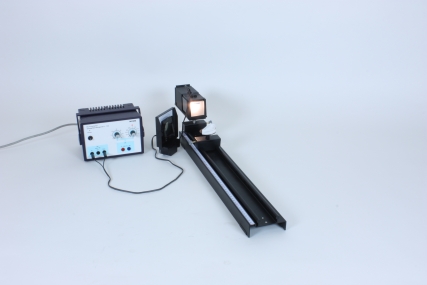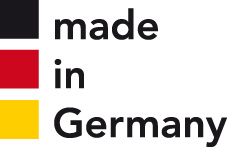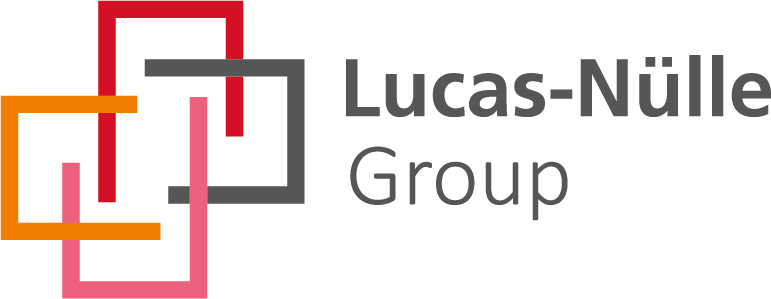setTimeout(function(){
window.print();
},500)

Technical data Polarisation by reflectionArticle no: P1197100 
<!DOCTYPE html PUBLIC "-//W3C//DTD XHTML 1.0 Transitional//EN"
"http://www.w3.org/TR/xhtml1/DTD/xhtml1-transitional.dtd">
Principle As a result of the experiment the students should realize that Iight reflected from plexiglass and glass is partly polarized, and that the degree of polarization depends upon the angle of incidence. They should also know that reflection from metal surfaces does not bring about polarization; to demonstrate this, metal plates with smooth surfaces, i.e. with good reflection properties, will be utilized. Benefits
Tasks Using various materials, investigate whether Iight which has been reflected from their surfaces is polarized and if so, whether the polarization is dependent on the angle of reflection. Scope of delivery
| ||||||||||||||||||||||||||||||||||||||||||
PHYWE Systeme GmbH & Co. KG
Robert-Bosch-Breite 10 – 37079 Göttingen – Germany
www.phywe.com
Robert-Bosch-Breite 10 – 37079 Göttingen – Germany
www.phywe.com

